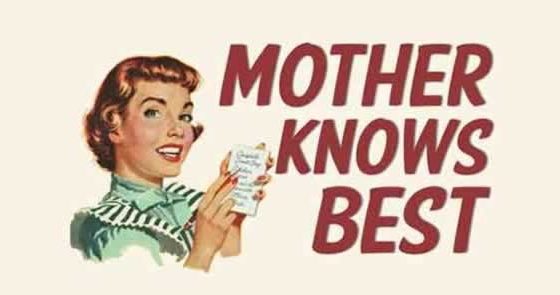Lisa and Greg were missionary kids and childhood sweethearts. “We grew up with boundaries, viewing them as there to protect us, not limit us,” they explained. But their teenaged daughter Sarah viewed them as a punitive fence. At age 14, she told Greg and Lisa, “I don’t need you monitoring my Internet use, telling me what I shouldn’t wear, having to know where I am all the time, or caring so much about the friends I choose.”
Greg responded, “Well, Sarah, that’s great. Where are you going to live?”
Her answer: “By law you have to care for me till I’m 18. I just don’t need you to tell me what to do.”
Greg and Lisa knew they needed counseling, and found significant help. Sarah participated from tenth grade through her first year in college. Still, Sarah kept making her own choices, crossing boundaries, sometimes raising her parents’ hopes, but more often dashing them.
Ironically, it was when their hopes were high — after she’d broken off an unhealthy relationship and reaffirmed her faith — that Sarah came to them in tears. She said she might be pregnant after an unfortunate night that included alcohol.
The day they received confirmation of her pregnancy, they wept together, prayed, and read a lot of Scripture.
How do we do the right thing when our children and grandchildren have done the wrong thing?
How Do You Deal with the Pain?
Through the years I’ve wept with a number of couples who have walked the road of Greg and Lisa — who have an unmarried daughter who is pregnant or an unmarried son who has gotten a girl pregnant. Sometimes it has been grandparents whose lovely granddaughter has come home from college pregnant, or a grandson admits he has failed morally. How do we parents and grandparents do the right thing when our children and grandchildren have done the wrong thing?
Let me suggest the following:
- Don’t blame yourself. The first thought that comes to the mind of many parents is, What did we do wrong? It’s the logical question, but you cannot take responsibility for the choices of your children or grandchildren. Parents cannot be in the physical presence of their teens or young adults 24 hours a day and control their behavior. Choices expand in the teenage years, and poor choices produce detrimental results.
- Don’t preach to your son or daughter. Usually they already feel guilty. They know when their behavior hurts their parents or grandparents. They’re aware when they violate the moral codes they’ve been taught.
- Don’t try to fix it. The natural response of many parents is to minimize what has happened. They jump into “damage control” mode to protect their son or daughter. In my opinion, this is an extremely unwise move. The young adult must learn to accept responsibility for their decision.
- Give your young adult unconditional love. Allowing him or her to experience the consequences of their failure is itself an act of love. In so doing, you are looking out for the well-being of your daughter or son, which is the essence of love.
- Listen with empathy. Empathy means to enter into the feelings of another. Parents need to put themselves into the shoes of their young adults and try to understand what led to the failure, as well as what their son or daughter is feeling at the moment.
- Give them support. Let your child know that while you are deeply hurt and cannot remove all the consequences, you want him/her to know that you are with them and will stand by their side as they walk through the consequences of dealing with this failure.
- Give guidance to your young adult or teenager. By guidance I do not mean manipulation. When parents decide what needs to be done — and try to convince their child to do it — that is manipulation. Guidance is helping the teenager think through the situation and make wise choices in response to the consequences of the moral failure. Other ways in which parents may give guidance to a young adult is by helping them follow their thoughts to their logical conclusion by asking questions, rather than making statements. To be a responsible parent or grandparent is to help your teen or young adult learn from their mistakes.
How Do We Set Boundaries with Our Kids?
As parents we love our children and want to help, but how much can we do? How much should we do? Wise parents recognize that physical, emotional, and financial resources always have limits. The most common problem of parenting an adult child is to overreact to a crisis in the child’s life, to become too involved. Remember that your goal in raising children is that they will become independent. If you step in too soon and too often, you may short-circuit the process of your child’s emerging maturity. Your role is to give love, acceptance, encouragement, and guidance when requested.
Parents whose adult children are going through crises must maintain the balance between self-preservation and self-sacrifice. Maintain your health and well-being while trying to help your children as needed. Your physical, emotional, and spiritual health must be nourished, and you must focus on keeping your marriage healthy
This article is adapted from Married and Still Loving It: The Joys and Challenges of the Second Half by Gary Chapman and Harold Myra (Moody Publishers, ©2015. Used with permission).












